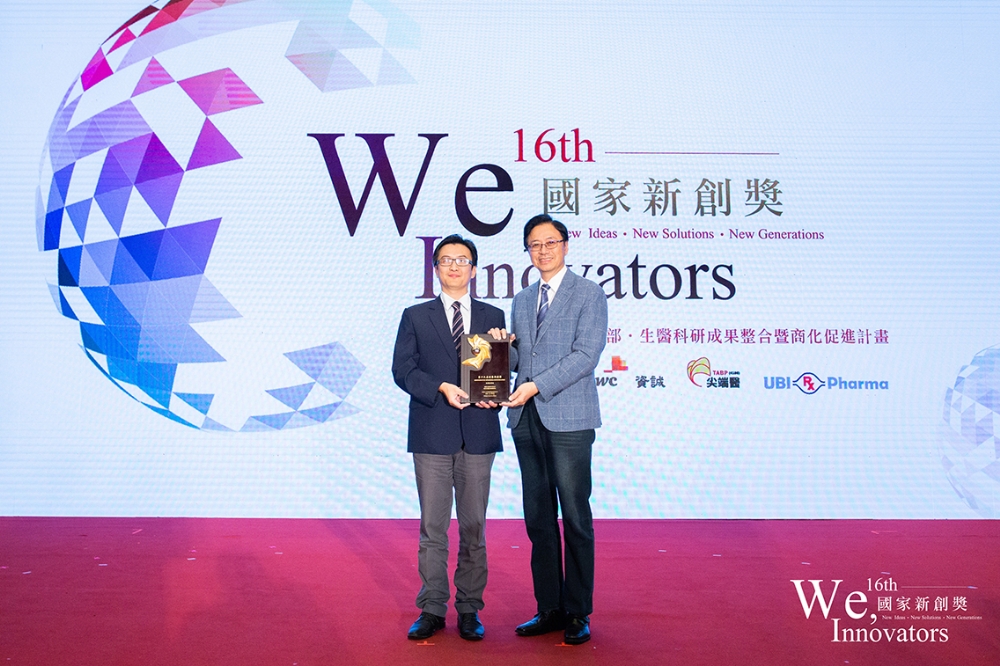開發光電式血液感測器 瑞愛生醫獲2019第十六屆國家新創獎

(圖:瑞愛生醫股份有限公司 拍攝)
台灣的大腸癌發生率已經連續11年居所有癌症之首,為提前發現排泄潛血的問題,國內新創公司瑞愛生醫開發出光電式的血液感測器技術,使用光學原理判定馬桶水溶液中的各種生物訊號,包含各種雜質,加以分析演算,最後得出是否含有血液的結論,該技術也於近日獲得2019年的國家新創獎。
瑞愛生醫創辦人顏碩廷表示,雖然無法阻止疾病的發生,但卻有機會可以幫助人們提早發現病徵、及早治療。瑞愛生醫的技術及產品RedEye,經評審團三階段審查茲以評定確具創新優勢、研發能量與發展潛力,最後獲頒2019年的第16屆國家新創獎。
瑞愛生醫也於近期剛剛獲准進駐新竹科學園區,該公司首創的光電式血液感測器產品屬於Bio-ICT領域,可應用於居家檢測馬桶中水溶液是否含有微量血液,為人們提供疾病的先期預警(Pre-warning)功能,也為醫院篩檢提供了居家先期篩檢(Pre-screening)的作用。
瑞愛生醫指出,此居家健康監護產品屬於光電式檢測儀器,使用光學原理判定馬桶水溶液中的各種生物訊號,包含各種雜質,加以分析演算,最後得出是否含有血液的結論。
此外,RedEye產品線的規劃也相當多元,除了手持式的產品可壁掛或平放於浴室之外,也能夠將技術整合於智慧馬桶中,供人們於排泄後即時進行檢測。因潛在商機可期,瑞愛生醫也積極接觸國內外健康檢測器材的品牌大廠,希望能夠透過品牌廠的成熟通路,讓更多人們可以認識此技術。
顏碩廷表示,以台灣為例,每年確診大腸直腸癌的病人大約有三分之一是第三、四期,比例仍是偏高,希望有機會能夠讓人們在第一、二期就能夠發現病徵,早期到醫院進行複檢,早期治療,五年存活率還是可以很高的。
(文字來源:工商時報─陳泳丞/台北報導)



